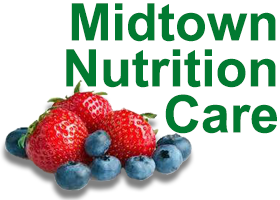HEALTHY WINTER EATING
SOUP
Eating soup is a great way to stay warm and eat a balanced meal. Broth-based and tomato-based soups are usually low in saturated fat, and packed with vitamins and minerals.
VITAMINS
Vitamins A, C, D and E are especially important in the winter. They help keep your immune system strong and Vitamin D is important for bone health. Food sources are:
Vitamin A–sweet potatoes, carrots, kale, spinach, red bell peppers, apricots, eggs, and foods fortified with vitamin A, such as milk or cereal.
Vitamin C–oranges, grapefruit, tangerines, red bell pepper, papaya, strawberries, and tomato juice.
Vitamin D–sockeye salmon, canned tuna, sardines, and fortified foods with such as milk (cow, soy, or nut milks), cheese, and yogurts.
Vitamin E–sunflower seeds, almonds, vegetable oils (sunflower or safflower oil), hazelnuts, peanut butter, and cereals with vitamin E added (fortified).
STAY HYDRATED
Cold, dry air, and long hot showers can dry out your skin. Most people should drink about seven to nine 8-ounce cups of fluid per day. Best fluids are water, seltzer water, unsweetened tea or coffee.
